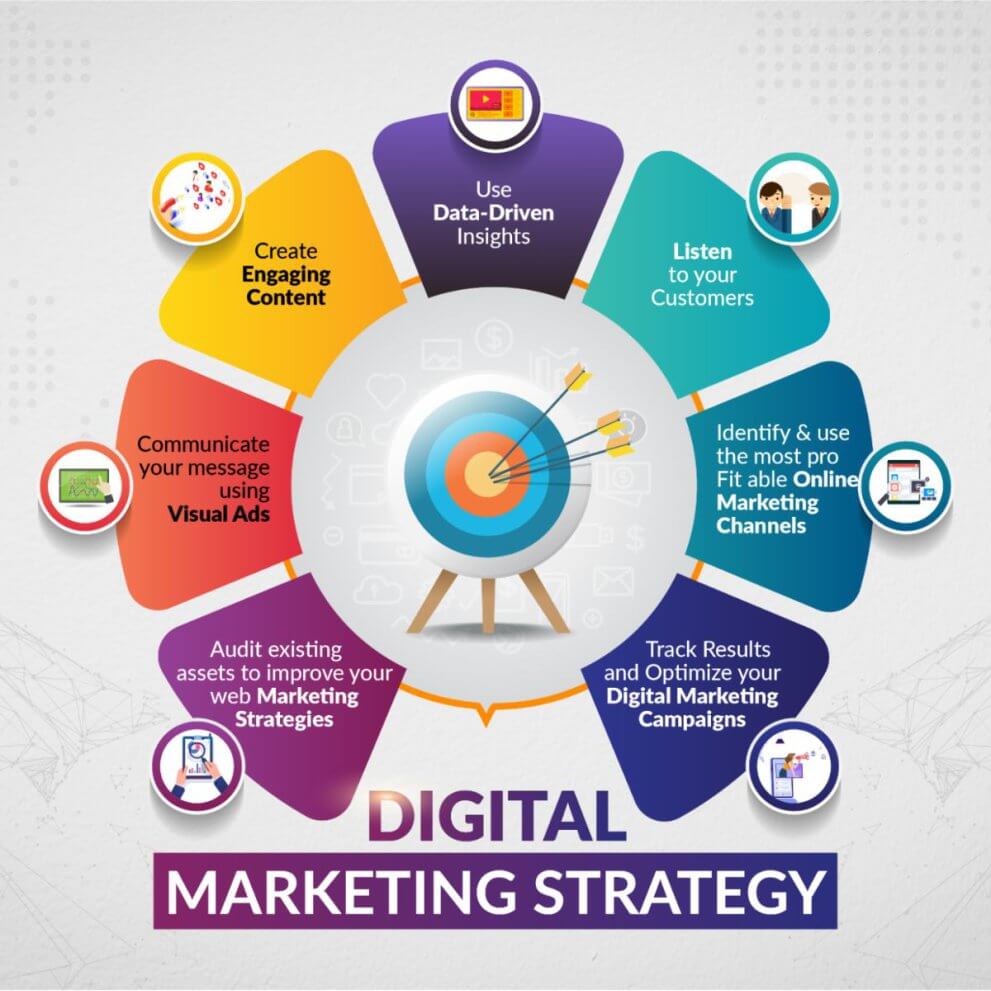Have you ever wondered why no one sees your content?
You write blogs. You create reels. You post on social media. And… nothing. No likes, no traffic, no leads.
Can you relate?
Well, I’m going to drop a truth bomb on you. Playing in the digital marketing space without doing keyword research is like opening a shop in the middle of the desert. You’ve got a good product, but no one knows it exists.
In digital marketing, being visible is more important than being perfect. Keyword research is your best friend. They help you discover what people are actually searching for, and you meet them halfway on the first page of Google.
Keyword Research Means Talking to the right people.
There’s no point in trying to sell wedding dresses to someone looking for workout clothes. It doesn’t matter how pretty your wedding gown is; that person is not interested!
Keyword research eliminates that problem. It will help you by:
Knowing what your audience is typing into Google
Knowing what pain points or interests they have
Knowing what to create content on that they are already looking for
Instead of feeling like you are guessing, you are working off data, and that’s smart digital marketing.
You Will Learn What People Want, Not What You Think They Want
As business owners or content creators, it is easy to mistake the people’s wants. Sometimes it can be quite expensive. Keyword tools can reveal the truth.
For example:
You might think people are interested in “budget skincare tips.” The data, however, could show that people are looking for
“Best face wash for oily skin under 500”
“DIY acne remedies that work overnight”
“Skincare routine for glowing skin naturally”
These are not just keywords. These are real people with real problems. You just need to know how to talk to them.
It Provides Direction to Your Digital Marketing Strategy

If you don’t do keyword research, then your content calendar amounts to nothing more than a random to-do list. If you do keyword research? You have an intelligent content map that says what to write, when to post, and who it’s intended for.
It helps you to:
Plan blog topics in a purposeful way.
Create YouTube videos with search potential.
Run advertisements with better targeting.
Build product pages that rank.
So basically, stop wasting time and start creating results.
Want to Be Found By Google? Start With Keywords
Let’s be real, ranking on Google can feel like trying to get onto the shortlist for a VIP party. The trick is to have the right pass, which is keywords.
When your content contains the words people are searching for, Google views your page as relevant. And that means.
Higher ranking in search
More organic (free) traffic
Long-term visibility without paying for ads
This is the start of your SEO adventure, without anything paid.
Authentic Traffic Over Vanity Traffic
We know it’s easy to get caught writing blogs for likes, shares, or aesthetics. Real growth in your business comes from good traffic, people who are actively searching and looking to buy or learn.
Keyword research gives you that kind of traffic.
People who want answers, not entertainment
Visitors who are already familiar with your product/service
Audiences who are ready to convert
That is the power of real data versus educated guesswork.
Better Content = Better Results
After you know what people are asking, it becomes much easier to write content and more effective at writing it. You are no longer just “writing a blog.” You are solving problems, answering questions, and building trust.
Use keyword research to:
Identify popular questions in your niche.
Write headlines that get clicks.
Solidify structure based on user/query intent.
Keep it seasonal or trending.
It’s not about more words; it’s about the right words.
Know the Intent of Every Search
This is the gold one.
Someone searching “cheap shoes online” is much different than someone searching “Nike Air Max reviews.” One is looking to buy now; the other is just researching.
Keyword research is useful for identifying content that aligns with the user’s intent.
Informational: Blog posts or how-tos
Navigational: Brand name optimizations or website pages
Transactional: Product descriptions or landing pages
Once your content aligns with their frame of mind, your chances of converting increase.
Save Time and Money in the Long Run
Content creation takes time. Creating YouTube videos takes time. Creating social media posts takes time. Don’t blow it on work that not enough will see or care about.
Keyword research can help:
Focus on content that can rank.
Steer clear of overly saturated content, or you won’t get clicks.
Use your time making things that help you recover what you spent.
Increase your traffic without spending on every click.
More with less effort.
Beginner-friendly Tools, Making it Simple
You don’t need to be an amazing SEO person to do this. The tools available to disperse keyword research are so easy to use, wherever you are in your content creation journey:
Ubersuggest: find simple blog ideas and easily know the difficulty level
Google Keyword Planner: official and free
AnswerThePublic: find questions people ask
Keywords Everywhere, a Chrome plugin that shows search volume as you search
Start small. Get comfortable. Once you know what you’re doing, leap with the pro versions.
Final Thoughts: Stop Guessing and Start Ranking
Digital marketing can be very loud. You don’t have to scream louder; you need to say the right thing at the right time. That’s what keyword research is for.
If you’re serious about growing online, whether freelance, in business, or as a creator, you need to include keyword research as part of your process. Because if you’re not using keywords, someone else is. And they’re getting your traffic.
FAQs:
What is keyword research in simple terms?
Figuring out what people are searching for on Google so you can create content around it.
Why is keyword research important for SEO success?
To help your website rank and get you traffic with search terms.
Do I need to buy expensive tools for keyword research?
No. Ubersuggest and Google Keyword Planner are free and also work.
Should I target high-volume keywords with low competition?
Target low-competition keywords first. They will be easier to rank with.
How often should I change my keywords?
Every 2–3 months, or when there are changes in your traffic trends.


